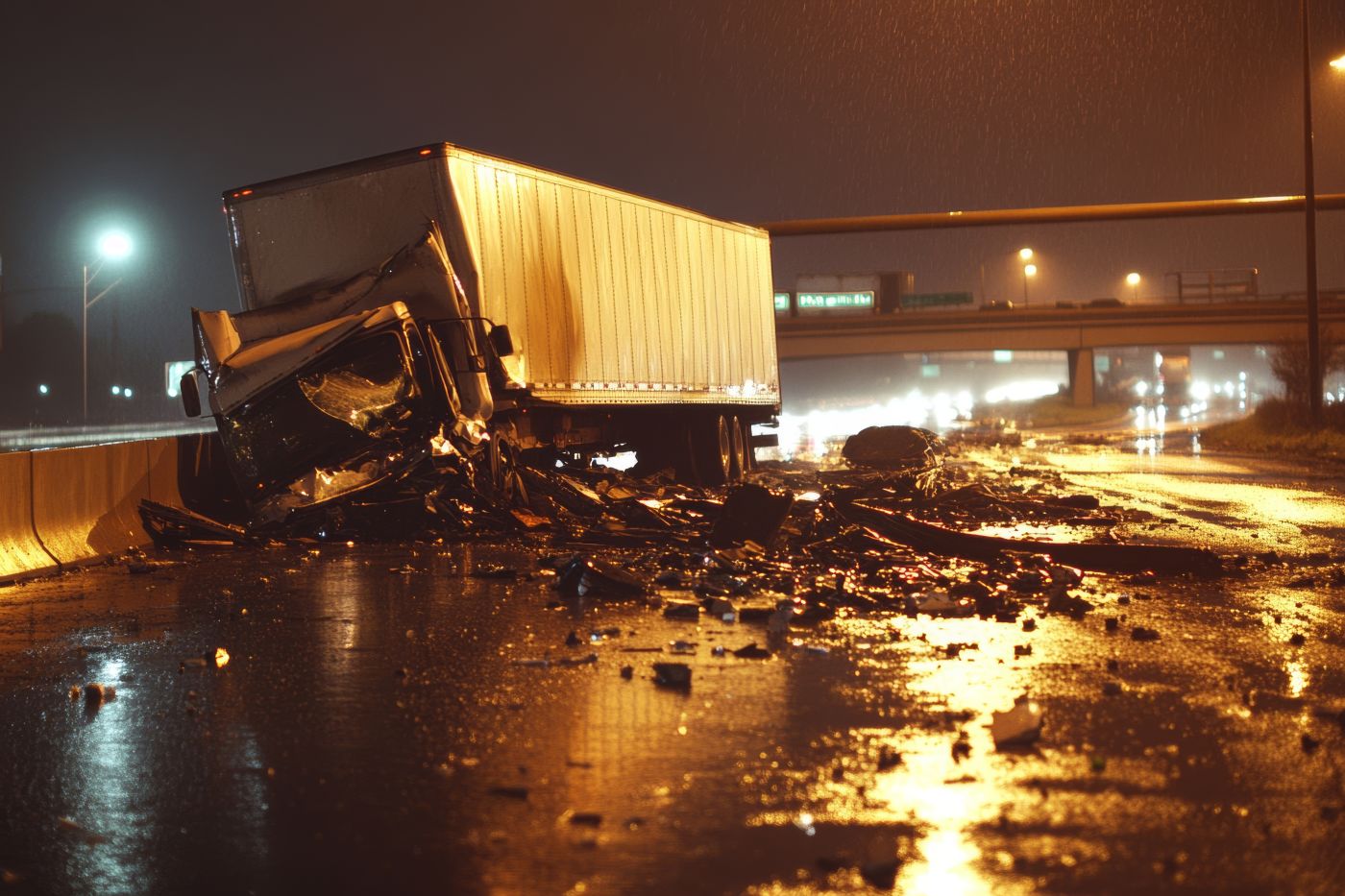
Facing a negligence claim can be incredibly difficult, often bringing immense stress and uncertainty. For individuals or businesses facing such challenges, understanding the burden of proof is critical to protecting your rights and establishing a strong path forward.
Harris & Hart Attorneys at Law empowers their clients by shedding light on the legal challenges involved in defending against negligence claims in Kansas and Missouri. The firm will use its resources and experience to fight for your rights. Schedule a free consultation today to learn more.
What is Negligence?
Negligence occurs when a person or entity fails to exercise reasonable care, resulting in harm or injury to another person or entity. For a plaintiff to succeed in a negligence claim, they must prove that the defendant's actions—or lack thereof—directly caused their damages. This makes the burden of proof a critical component of any negligence case.
Understanding the Burden of Proof
In a negligence case, the plaintiff carries the burden of proof, meaning they must provide enough evidence to support their claims. Civil cases, such as negligence claims, require a "preponderance of the evidence" as the standard of proof, which is less strict than the "beyond a reasonable doubt" standard used in criminal cases. This means the plaintiff must demonstrate that it is more likely than not that the defendant acted negligently.
The Four Elements of Negligence
To meet the burden of proof, the plaintiff must establish four key elements:
Duty of care: The plaintiff must prove that the defendant owed them a legal duty of care.
Breach of duty: Evidence must show that the defendant breached that duty through their actions or inaction.
Causation: The plaintiff must demonstrate a direct link between the breach of duty and the harm they suffered.
Damages: Ultimately, the plaintiff must provide evidence of actual damages, including physical injuries, financial losses, or emotional distress.
Failure to establish even one of these elements can result in dismissal of the claim.
Defending Against Negligence Claims
Defendants have several strategies available to dispute a negligence claim. A robust defense requires a combination of factual evidence, legal precedent, and strategic arguments. Below are some common defense approaches:
Disputing the duty of care: Arguing that the defendant did not owe any legal duty to the plaintiff.
Challenging the breach: Demonstrating that the defendant acted reasonably and in accordance with the expected standard of care.
Questioning causation: Proving that the alleged breach of duty was not the actual cause of the plaintiff's harm.
Contributory or comparative negligence: Showing that the plaintiff's own actions contributed to their injuries.
Comparative Negligence Laws in Kansas and Missouri
Both Kansas and Missouri follow comparative negligence principles, but their rules differ:
Kansas follows a "modified comparative negligence" rule, which prevents the plaintiff from recovering damages if they are found to be 50% or more at fault for their own injuries (Kansas Statutes § 60-258a).
Missouri, on the other hand, implements a "pure comparative negligence" system. Plaintiffs can recover damages even if they are 99% at fault; however, their compensation will be reduced by their percentage of fault. (See Missouri Revised Statutes § 537.765.)
Frequently Asked Questions (FAQ)
How does the plaintiff's percentage of fault affect compensation in Kansas?
Under Kansas's modified comparative negligence rule, a plaintiff cannot recover damages if they are 50% or more at fault for their own injuries. If they are less than 50% at fault, their compensation will be reduced by their percentage of fault.
Can I still recover damages in Missouri if I am mostly at fault?
Yes, in Missouri's pure comparative negligence system, you can recover damages even if you are 99% at fault. However, the amount of compensation will be reduced based on your percentage of fault.
How is fault determined in a negligence case?
Fault is typically determined by examining evidence such as police reports, eyewitness testimony, expert analysis, and other relevant documentation. The court or insurance companies assign a percentage of fault to each party involved.
Does comparative negligence apply to all injury cases in Kansas and Missouri?
Comparative negligence generally applies to personal injury cases; however, there may be exceptions depending on the specific circumstances of the case and the laws in each state. Consulting a legal professional can help determine how the rules apply to your unique situation.
How Our Attorneys Help with Negligence Claims
Defending against negligence claims is complicated, especially with the differing comparative negligence laws in Kansas and Missouri. Our experienced personal injury attorneys at Harris & Hart Attorneys at Law can make a significant difference in your case by:
Explaining state negligence laws: We will clearly explain how Kansas's "modified comparative negligence" (50% bar) or Missouri's "pure comparative negligence" system impacts your specific situation.
Gathering and presenting evidence: We will meticulously collect accident reports, witness statements, medical records, and expert testimony to build a strong factual basis for your defense.
Negotiating with opposing counsel and insurance companies: We handle all communications and negotiations to protect your interests and pursue the best possible outcome.
Representing you in court: If a settlement isn't possible, we will expertly present your case in court, cross-examine witnesses, and argue on your behalf to protect your rights.
Trusted Legal Guidance
Defending against negligence claims requires a nuanced understanding of the law and the ability to present persuasive evidence and arguments. With complicated Kansas and Missouri negligence laws, having skilled legal representation can make a significant difference in the outcome of their case. At Harris & Hart Attorneys at Law, their experienced attorneys are here to protect their clients' rights and help them build a strong defense.
If their clients are facing a negligence claim, they should not wait to seek legal counsel. They can contact the firm in Overland Park, Kansas, today to schedule a consultation and discuss their case.



